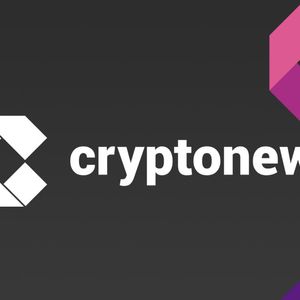US House Agriculture Committee approves Digital Asset Market Clarity Act in 47–6 vote
2 min read
The Digital Asset Market Clarity Act has cleared the House Agriculture Committee, moving closer to a full House vote. Lawmakers on the House Agriculture Committee voted 47-6 on Tuesday to advance the bill, moving it one step closer to broader congressional review, with Committee Chair GT Thompson confirming it will now head to the full House and that members may submit counterarguments by the end of the week. As the House Agriculture Committee advanced the bill, the House Financial Services Committee held a concurrent session to consider amendments that could reshape key provisions within the bill. One proposed amendment, introduced by Representative French Hill, seeks to include specific protections for blockchain developers. At the time of publication, that amendment had not yet been brought to a vote. Tensions surfaced during the session as some lawmakers raised concerns about potential risks tied to crypto market regulation. You might also like: Ripple urges SEC clarity on digital asset and investment contract separation Representative Brad Sherman argued the bill could enable “bailouts” in the event of market failures, while fellow Democrat Maxine Waters proposed adding provisions to address alleged conflicts of interest related to former President Donald Trump’s crypto holdings. Neither amendment was adopted following voice votes. Committee Chair Hill pushed back on the criticisms, stating the bill is focused on “consistency” and not on bailouts. He said the legislation aims to clarify when a digital asset should be treated as a security under SEC oversight or as a commodity under the CFTC’s authority. The Digital Asset Market Clarity Act was introduced in May and is part of a broader legislative push to create transparent and practical guidelines for digital asset firms operating in the U.S. It outlines a regulatory structure that distinguishes which assets fall under the SEC or CFTC jurisdiction, sets parameters for digital asset custody, and proposes rules for various asset classes, including stablecoins. During earlier hearings, the bill has sparked debate on whether non-custodial platform developers, those who do not directly manage user funds, should face liability. “We need to decide if developers still face potential questions of liability,” Congressman Tom Emmer, one of the bill’s co-sponsors, said at the time, warning that unclear rules could discourage talent from building in the U.S. House Democrats, in the meantime, argued that the bill could dilute the SEC’s oversight of crypto markets, creating regulatory loopholes that would allow traditional financial firms to rebrand as crypto entities and evade stricter scrutiny. Read more: Dow Jones gains 105 points as U.S.-China trade talks continue in London

Source: crypto.news



